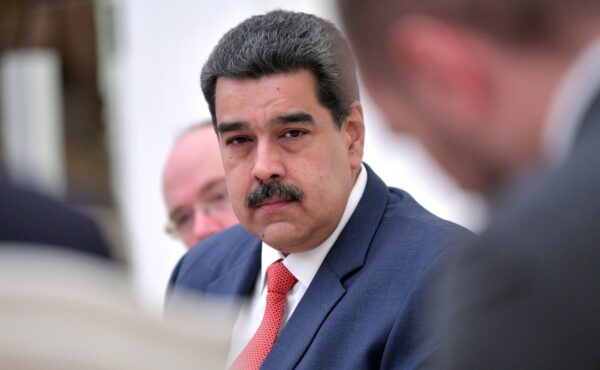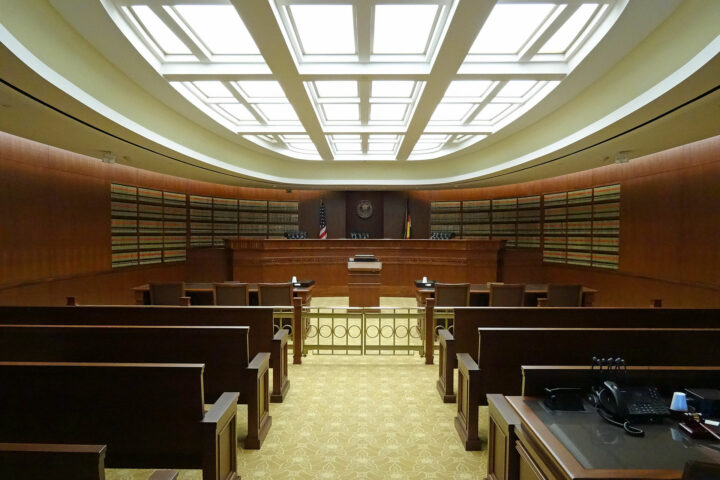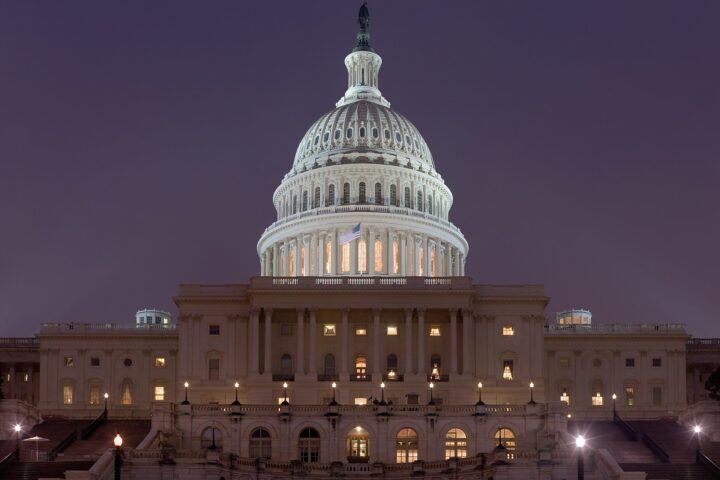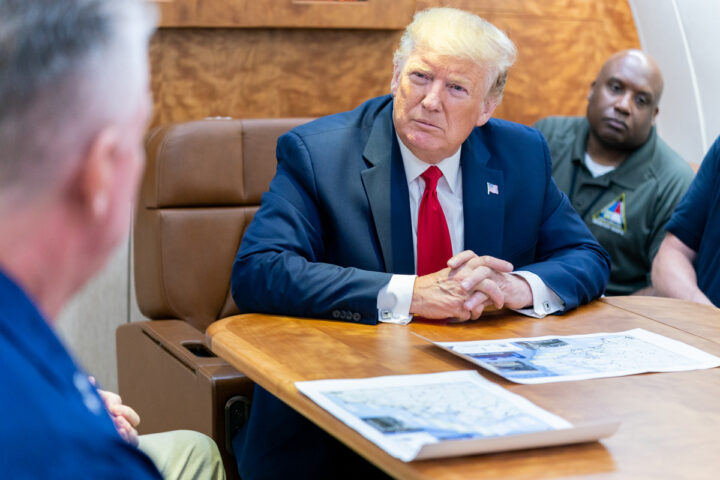In a significant new diplomatic success, the Trump administration has reportedly now secured the release of 10 American citizens detained by Venezuela’s authoritarian regime.
The deal, finalized on Friday, involved a complex exchange that also saw over 200 Venezuelan migrants, previously deported to El Salvador, returned to their homeland.
The operation underscores the administration’s commitment to bringing detained Americans home, even as it navigates the intricacies of international negotiations and domestic immigration policies.
Secretary of State Marco Rubio announced the successful return of the American detainees, stating, “Thanks to @POTUS’s leadership, ten Americans who were detained in Venezuela are on their way to freedom.” He also expressed gratitude toward Salvadoran President Nayib Bukele for facilitating the agreement, which included the release of Venezuelan political prisoners held by the Maduro regime.
The American hostages are expected to transit through El Salvador before returning to the United States.
The swap’s centerpiece was the return of over 200 Venezuelan nationals who had been deported by the United States to El Salvador’s notorious Terrorism Confinement Center (CECOT).
These individuals were accused of affiliations with the Tren de Aragua gang, a claim that has sparked controversy and legal challenges.
Critics argue that some deportees had legal status in the U.S. and were subjected to deportations without due process. Nonetheless, Salvadoran President Bukele confirmed that his government “handed over all the Venezuelan nationals detained in our country, accused of being part of the criminal organization Tren de Aragua.”
The arrangement also included the release of several Venezuelan political prisoners, a move hailed by human rights advocates as a step toward addressing the regime’s repressive tactics. However, the deal has not been without its detractors.
Opponents of the administration’s immigration policies have criticized the deportations and the conditions within CECOT, raising concerns about human rights abuses and the treatment of detainees.
Among the freed Americans is former Navy SEAL Wilbert Joseph Castaneda, who had been detained while traveling in Venezuela. His family expressed relief, stating, “We have prayed for this day for almost a year. My brother is an innocent man who was used as a political pawn by the Maduro regime.”
Another detainee, Lucas Hunter, a dual American-French citizen, was apprehended while kite surfing near the Colombian border.
This development follows a similar operation in January, during which six other Americans were released from Venezuelan custody.
Reports from those previously freed detainees indicated they had been subjected to harsh conditions, including beatings and psychological torture.
The administration’s efforts to secure the release of detained Americans have been met with mixed reactions, with some praising the diplomatic success and others questioning the broader implications of such exchanges.
The Trump administration’s approach to international diplomacy, particularly concerning detainee negotiations, continues to be a subject of debate.
While the successful return of American citizens is a clear victory, the methods employed and the underlying agreements raise important questions about the balance between humanitarian objectives and national security interests.
As the freed Americans make their way home, the broader implications of this high-stakes exchange remain to be seen.
The deal serves as a testament to the administration’s commitment to its citizens abroad but also highlights the complexities and challenges inherent in international diplomacy and immigration policy.
[READ MORE: Trump Calls On AG To Release More Epstein Info]








